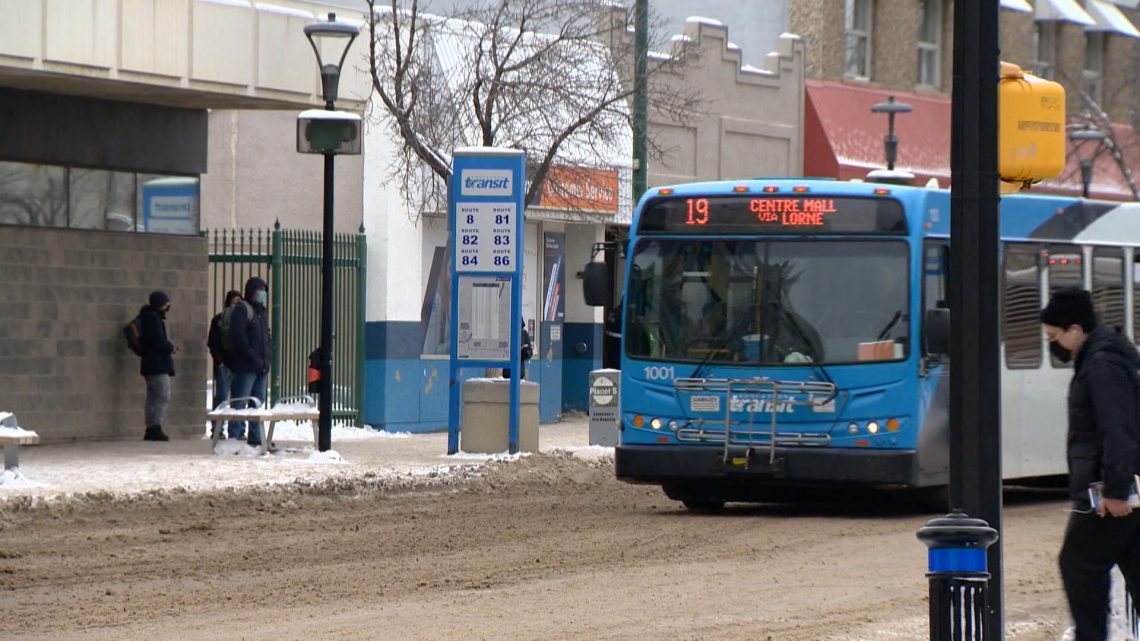Widespread cancellations and disruptions with Saskatoon Transit are a result of poor maintenance and a lack of investment, according to the head of Canada’s largest transit union.

The city bus service has become completely unreliable, according to Amalgamated Transit Union (ATU) Canada national president John Di Nino. On some days, there are dozens of cancellations.
“The only conclusion we can make here is that there hasn’t been a preventative measure to prepare for these kinds of events,” Di Nino said.
Saskatoon Transit director Jim McDonald has previously stated that multiple buses have been sidelined due to mechanical issues resulting from the cold. While breakdowns are normal, he said buses haven’t been operational due to a supply chain issues slowing down the delivery of replacement parts.
Di Nino, however, said the only explanation is a “lack of preventative maintenance” during the summer months because other cities haven’t experienced the same shortages.
He highlighted three days in early January which had between 18 and 30 route cancellations or reductions at Saskatoon Transit. During the same period, Regina experienced one on each day, according to Di Nino.

Get breaking National news
Edmonton and Winnipeg had no disruptions despite experiencing similar weather, he said.
“We would like to see what that scheduling of preventive maintenance looks like,” Di Nino said.
ATU Canada represents 34,000 transit workers across Canada who make up 36 locals. Saskatoon transit employees are represented by ATU Local 615.
If the cancellations aren’t rectified, the union president said McDonald should resign.
“If he cannot deliver the service that Saskatoon riders deserve, then he needs to step aside and let someone manage the place that can bring Saskatoon Transit back to the service that riders deserve,” he said.
Global News requested an interview with McDonald in response to ATU Canada, but received a statement instead.
“Reliability and operator and rider safety continue to be the top service priorities for Saskatoon Transit,” reads the statement.
The city’s transportation committee has directed city staff to report back in April with a cost estimate and framework for a possible review of transit’s operations related to the shortages.









Comments
Want to discuss? Please read our Commenting Policy first.